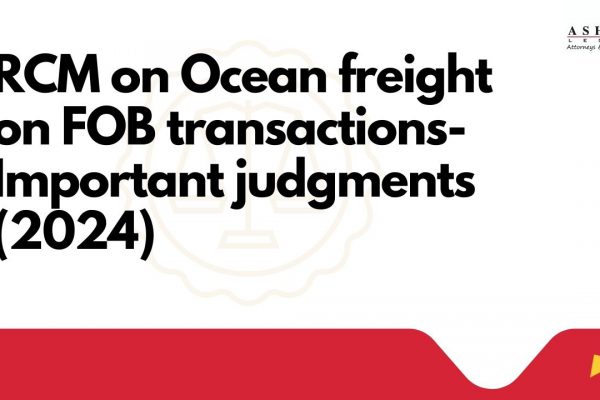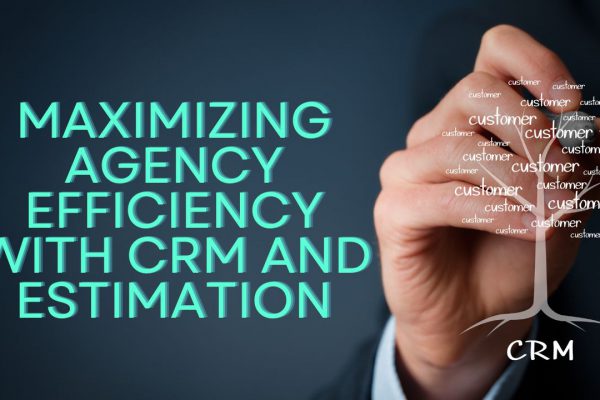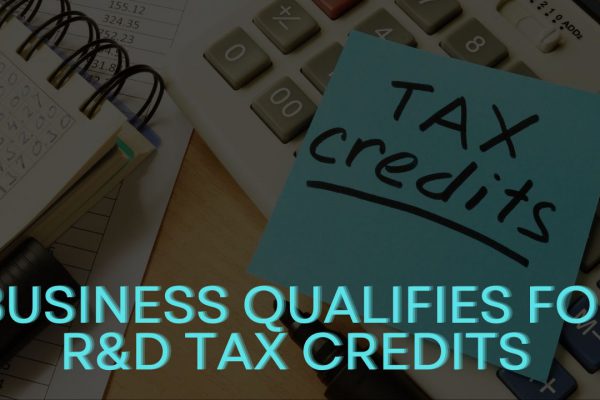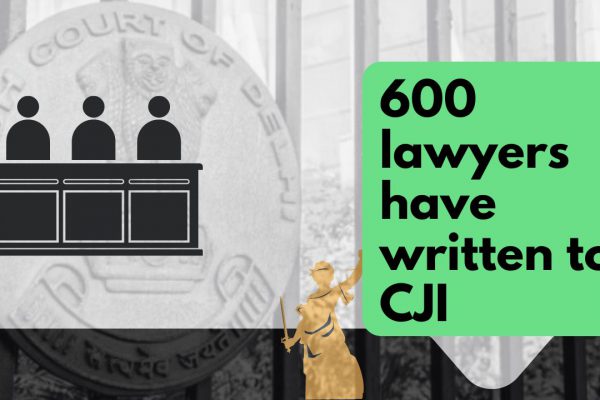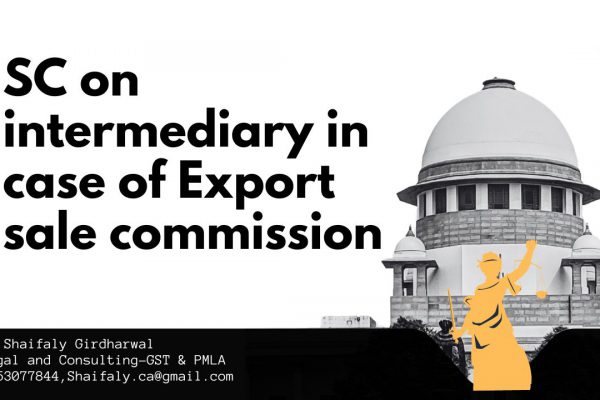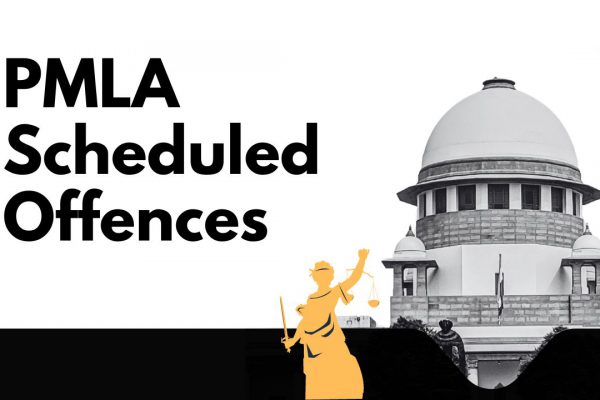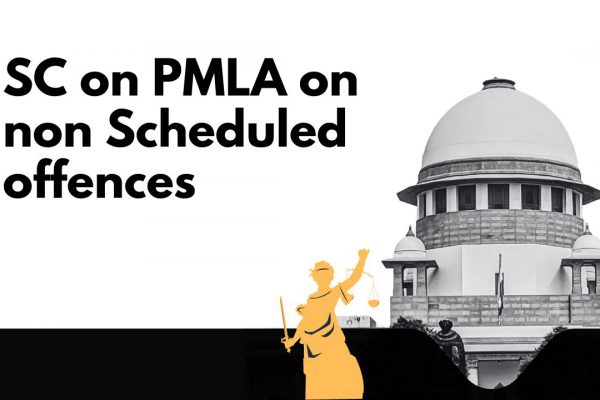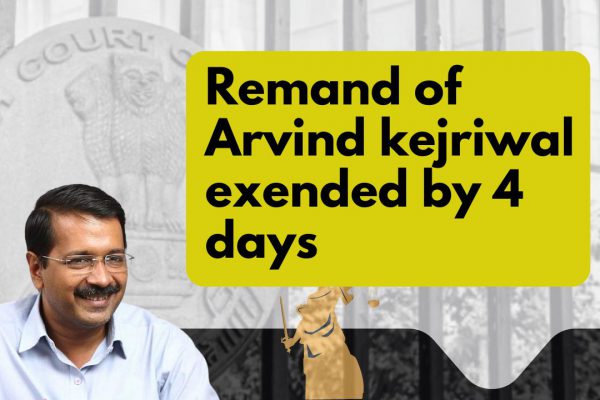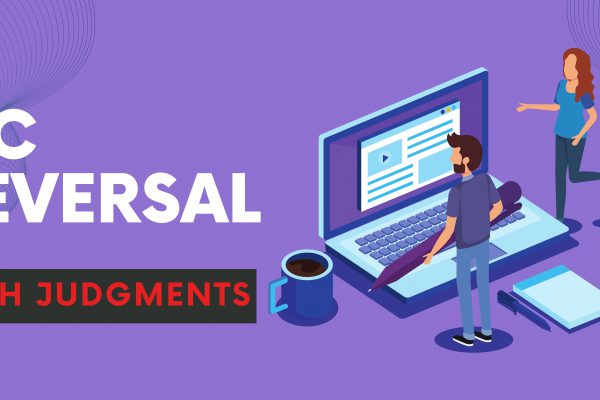Bad Debts GST Implications (COVID-19)
Bad Debts GST Implications (COVID-19)
Reduction in output tax liability Section 34 of CGST Act (Legal Text)
(1) Where one or more tax invoices have been issued for supply of any goods or services or both and the taxable value or tax charged in that tax invoice is found to exceed the taxable value or tax payable in respect of such supply, or where the goods supplied are returned by the recipient, or where goods or services or both supplied are found to be deficient, the registered person, who has supplied such goods or services or both, may issue to the recipient a credit note containing such particulars as may be prescribed.
(2) Any registered person who issues a credit note in relation to a supply of goods or services or both shall declare the details of such credit note in the return for the month during which such credit note has been issued but not later than September following the end of the financial year in which such supply was made, or the date of furnishing of the relevant annual return, whichever is earlier, and the tax liability shall be adjusted in such manner as may be prescribed:
Provided that no reduction in the output tax liability of the supplier shall be permitted if the incidence of tax and interest on such supply has been passed on to any other person.
Credit Notes under GST can be raised, if
- Taxable value or tax charged in that tax invoice is found to exceed the taxable value or tax payable in respect of such supply
- Goods supplied are returned by the recipient
- Where goods or services or both supplied are found to be deficient
Generally, on non-receipt of payments, credit notes are being raised by taxpayers to avoid the incidence of tax. However, this needs to be seen very cautiously. There has to be supporting documents with every credit notes to evident the above reasons for raising a credit note to claim the benefit under Section 34.
Related Topic:
GST Implications on Association of Apartment Owners
Whether GST is not levied on Bad debts
- As per the provisions of Section 9 of CGST Act, GST is levied on the value of supply which is defined under Section 15;
- Section 15 provides that GST shall be levied on the value of supply which is paid or payable in relation to that Supply;
- There is no specific exclusion under Section 15 from the value of supply in respect to non-recovery of payments or bad debts;
- However, discounts (including post-sale discounts) are being specifically dealt with under the provisions of Section 15;
- Accordingly, GST is levied on transaction value which is available at the time of supply or other value as may be prescribed under valuation rules but does not exclude the value of Bad debts;
Related Topic:
GST Implications on Deputation and Secondment of Employees
How to Handle Bad debts amid COVID Pandemic Situation
- It is important to note that bad debts per se are not allowed for the reduction in GST liability;
- However, the reduction shall be allowed if the reversal of invoice is due to the following reasons i.e.
| Deficiency in goods and/or services; | Excess rate of units or GST charged; | Re-negotiation of the value of contracts; | Goods sent back to the supplier; |
- Therefore, the businesses have to relook into the positions and prepare the document trail to evident these scenarios before raising any credit notes.
- It is also worthwhile to mention here that the credit notes w.r.t. FY 2019-20 should be raised on or before 30 September 2020 to avail the benefit of reduction of liability else the same shall not be allowed even if covered under the above categories
Read the copy:
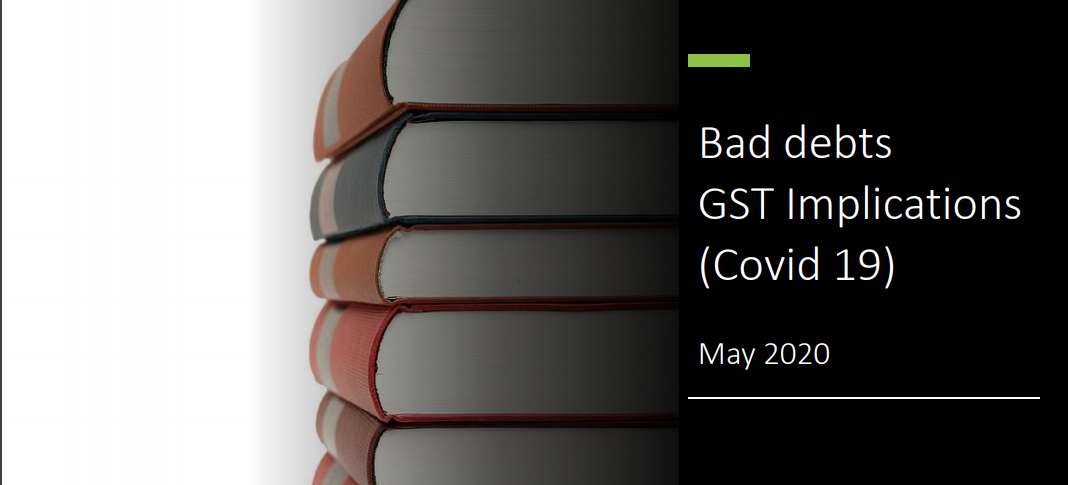
If you already have a premium membership, Sign In.
 Deepak Arya
Deepak Arya
He has handled Pre-Implementation support of GST and UAE-VAT for the industries like manufacturing, infrastructure, construction, pharmaceuticals, trading, pure service industries, etc. and assisted them in identifying the issues on which immediate actions were required. He has conducted various in-house training sessions for the Finance and Accounts team of companies. He also led a team of professionals in providing End to End assistance in the GST Implementation. He was engaged in a broad range of indirect taxation matters. Experience in complying with the Service tax compliances for the companies on PAN India basis; Experience in Service tax audits conducted by the service tax authorities for MNCs in Haryana, Uttar-Pradesh and Delhi Region; Assisted to multiple clients on export requirements under GST on taxability and LUT/Bond requirements; Assistance in the modification in business processes and software with regard to GST including testing after implementation of GST; Training sessions on GST with MSME (Ministry of Small and Medium Enterprises, Govt. of India); Written various articles at different forums for knowledge sharing; Advisory to clients on cross border transactions; Legal opinions on GST and Direct Tax matters; Advised to multiple clients in UAE on Indirect tax matters;


